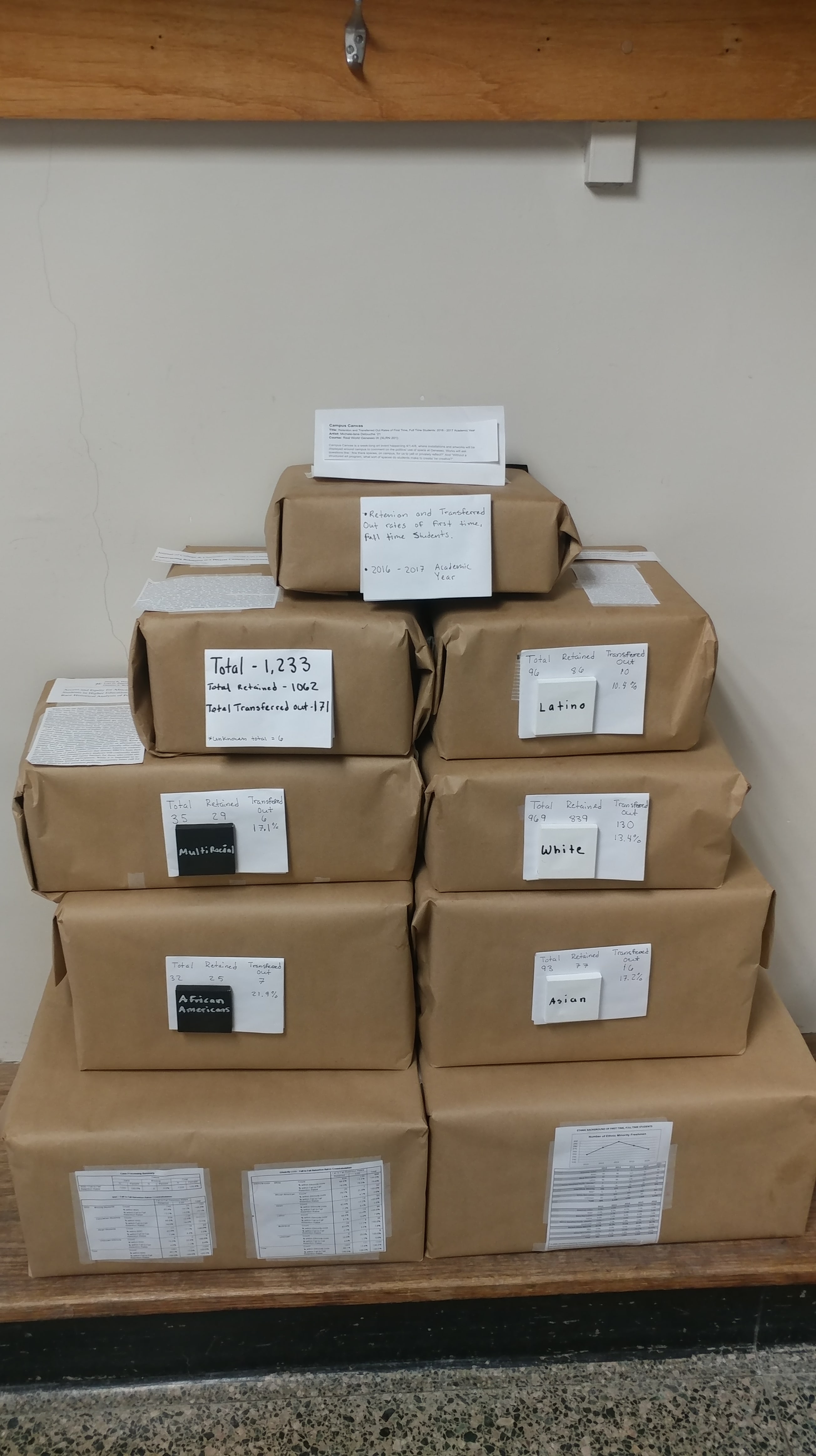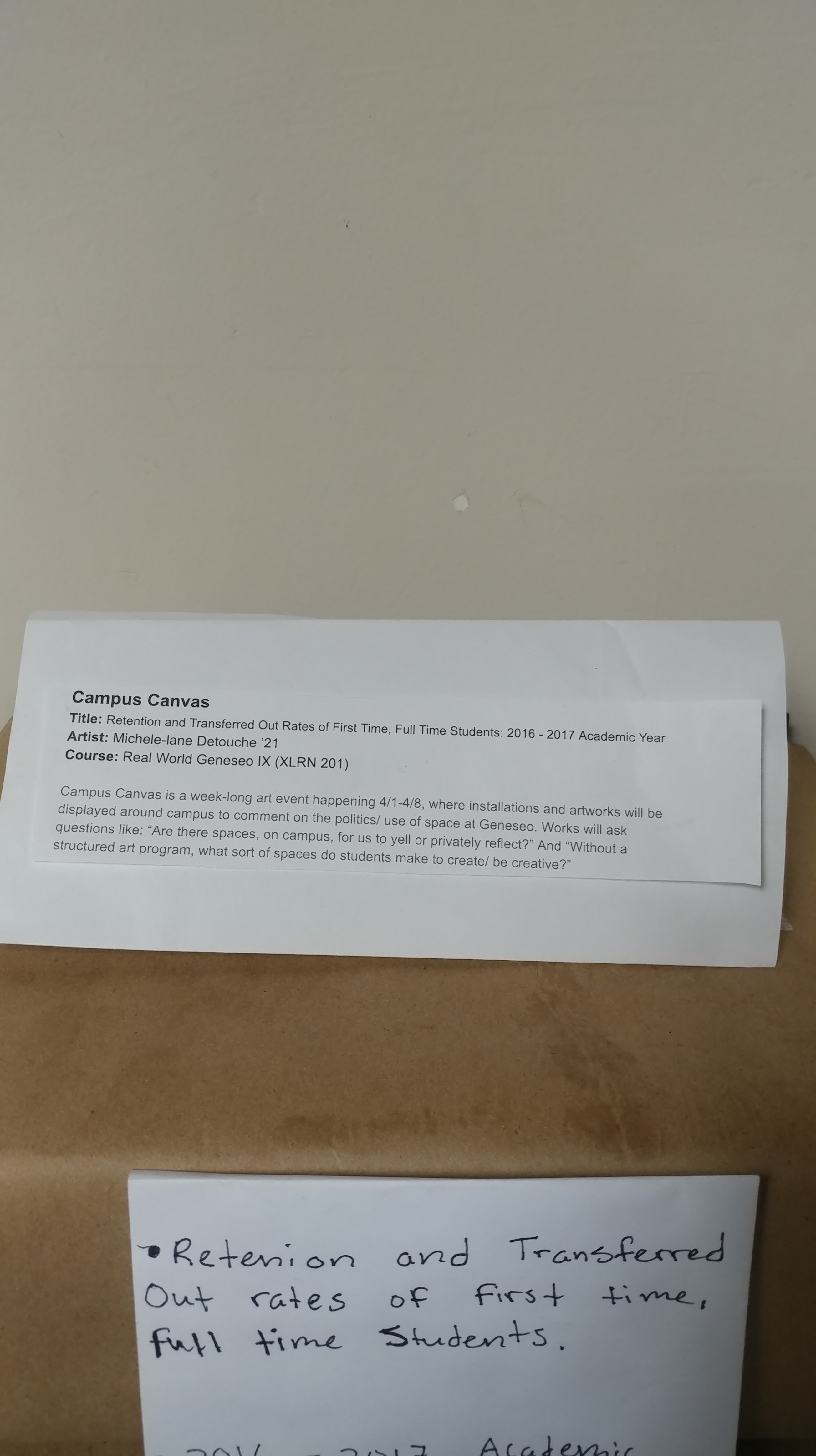The poem “Mistress stella speaks,” by Tyehimba Jess is about a mistress who is owned and is taken advantage of. The first thing that I noticed from the poem was the title. The mistress’s name is not capitalized and I feel like that is what caught my attention. My biggest pet peeve as a child was seeing my name in lower case letters. I remember being taught in elementary school that names should always be capitalized just as nouns or important things like titles or locations are capitalized. It signifies that your name is what defines you and gives it importance. If someone called me by a number or something else that was other than my name I would feel disrespected. Unless that person was given consent to call me by another nickname or another word, it isn’t allowed.
[At the beginning of the semester, Professor Beth McCoy explains the idea of consent by choosing a student from the class to act out what it would be like to not respect another person’s boundaries by not asking for consent before touching their head. This semester in class she asked Toby to sit down and she asked him if she could touch his head, Toby said sure. The second time comes around and we’re acting like its the next day or so, she goes up to him and asks again. Toby says NO. Professor Beth McCoy then says, “..but you let me touch your head the other day… why can’t I do it again?” She was showing that just because someone allows you to do something once, doesn’t mean you should take advantage of the one time they gave you consent. ]
So when I read the poem, “Mistress stella speaks,” by Tyehimba Jess, I had an idea of what the poem would be about. I thought about disrespect and possession from the Mistress’s husband but it was the other way around. The Mistress feels as if she actually owns her husband. Title tricks you into thinking that the Mistress is owned and is speaking up about her mistreatment but in all actuality, although she may not be respected as much and he always runs back to her and this to her means that she owns him.
Without her, he has no one else to run back to.


